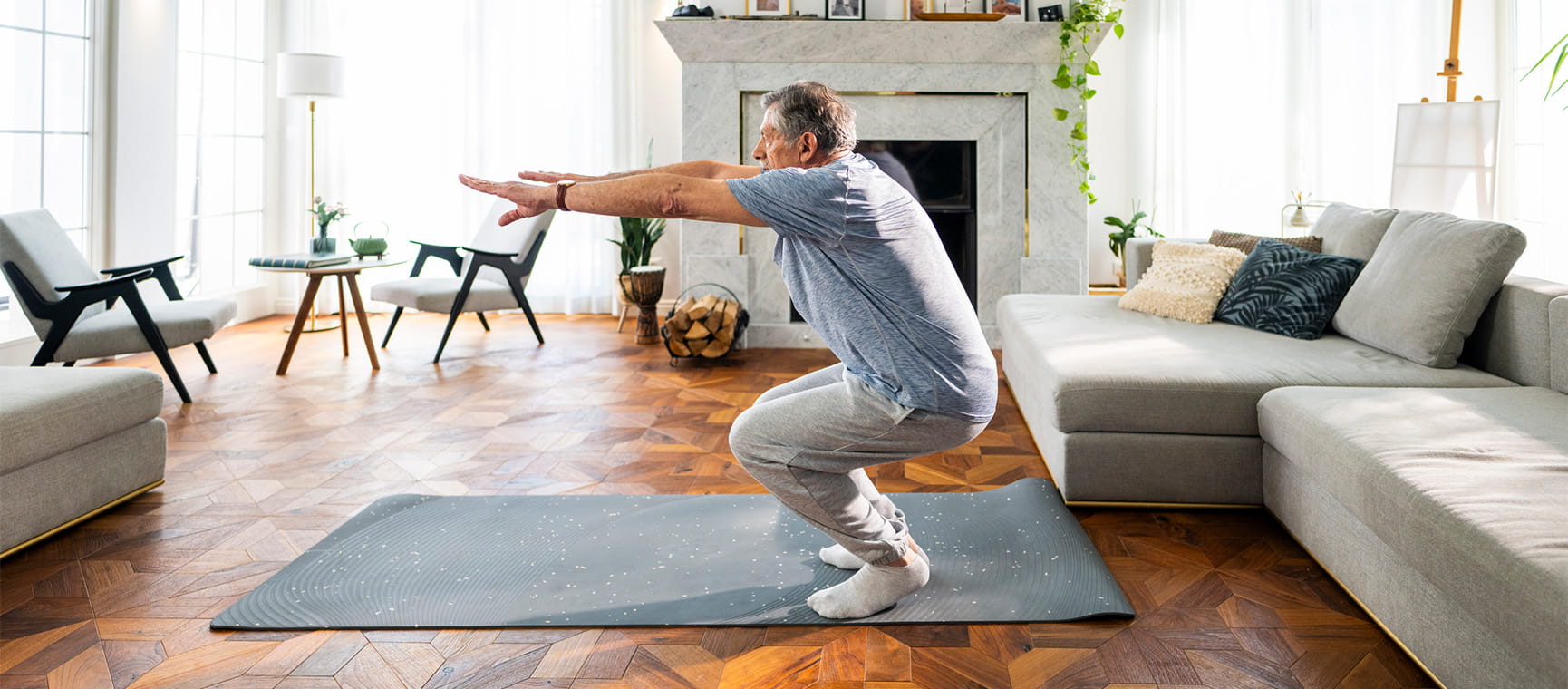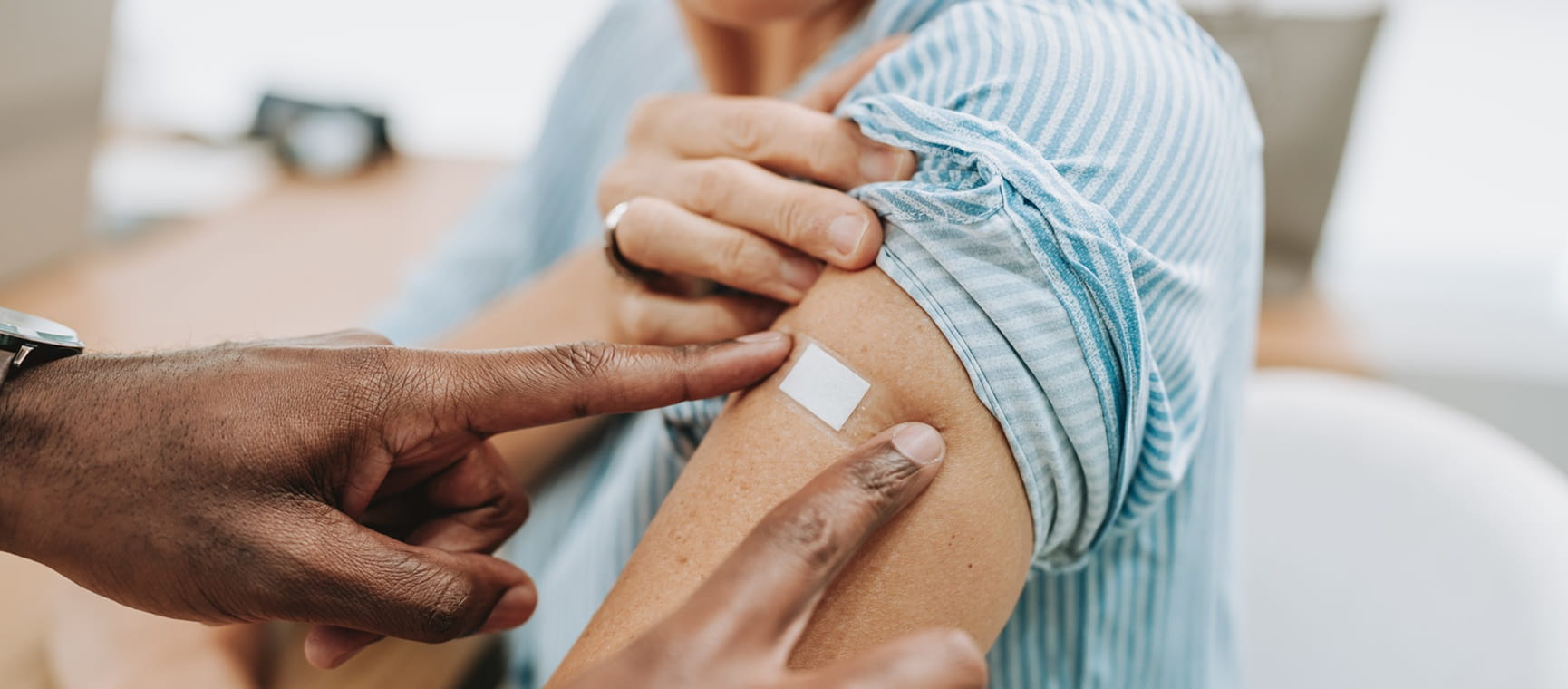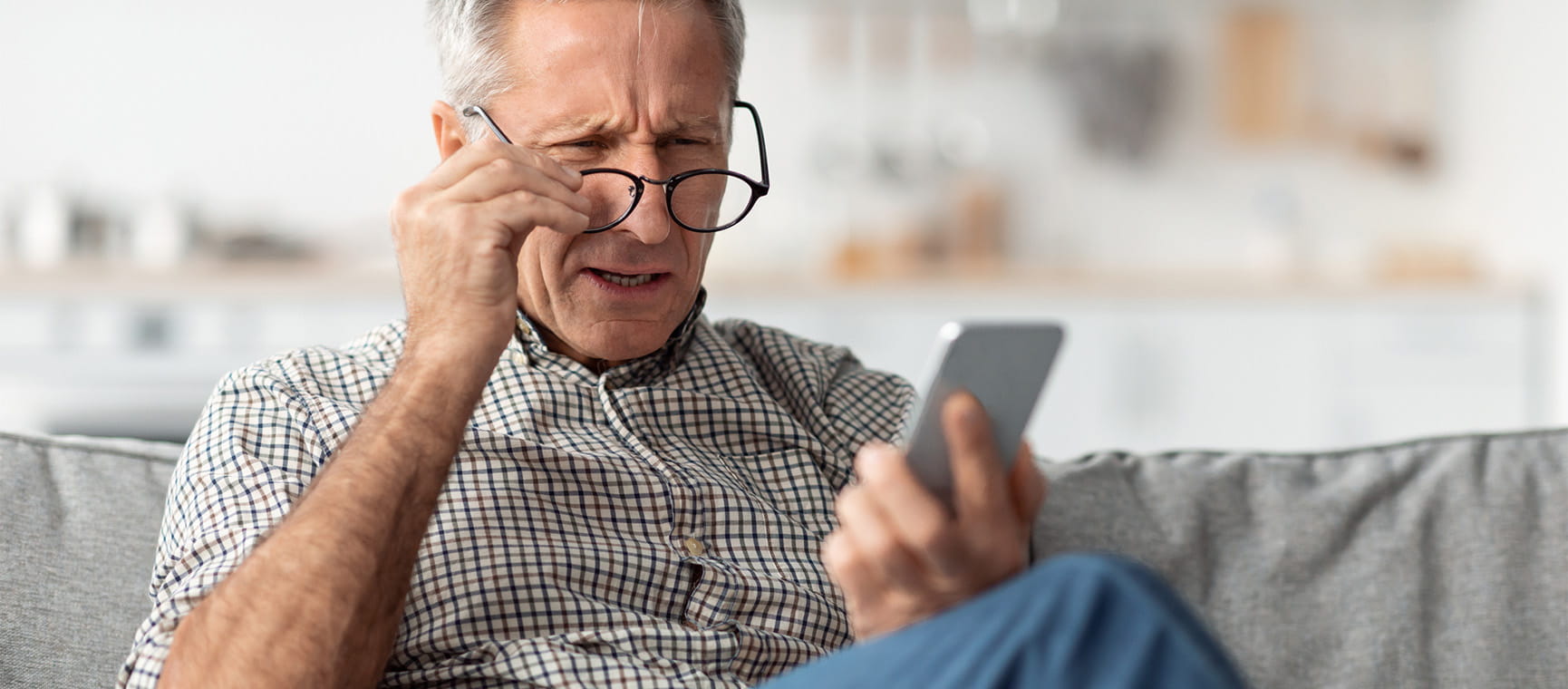5 things making your snoring worse – and easy ways to make a difference
One of the UK’s top sleep experts reveals why we snore and how we can help ourselves and our loved ones.

One of the UK’s top sleep experts reveals why we snore and how we can help ourselves and our loved ones.

Snoring has become one of the biggest problems in the bedroom, causing sleepless nights and relationship friction.
It’s often seen as a joke, but its effects can be serious. Last year an American man pleaded guilty to stabbing a neighbour to death after becoming enraged at his loud snoring.
Some sources estimate that 45% of the British adult population snores – that’s more than 20 million people.
Dr David Garley is the Director of The Better Sleep Clinic and a practising GP who diagnoses and treats a wide range of sleep disorders. He explains why we snore and what we can do to help improve the condition, and the sleep of everyone affected.
When you sleep, your upper airway naturally narrows a little. In some people this can cause the airflow to become turbulent, which causes the soft tissues in the throat to vibrate – which we hear as snoring.
People snore when airflow through the mouth and nose is partially blocked during sleep. This blockage causes the tissues in the throat, soft palate, or tongue to vibrate, producing the snoring sound.
Common causes include relaxed throat muscles, nasal congestion, or parts of the anatomy such as enlarged tonsils or a deviated septum.
There are some trends – such as rising obesity rates and an aging population – which suggest snoring and sleep-disordered breathing may be increasing.

Snoring itself is not dangerous, but it is related to a condition call obstructive sleep apnea, or OSA. This is where your airway narrows even more and actually closes. Your body then has to wake you up so your airway opens up, and you can start breathing again, often restarting with a loud snort or choking sound. This leads to extremely fragmented and poor-quality sleep.
So if alongside the snoring there are pauses in breathing, or snorting and choking in sleep, and significant daytime sleepiness, then you should speak to a GP or sleep doctor.
Many of the factors I mentioned above are adjustable – losing weight, quitting smoking, avoiding alcohol before bed, and changing sleep position can all help reduce snoring.
There are also some dental devices, which look like sports gumshields but with a section for the lower teeth, that can bring your jaw forwards a tiny amount during sleep. This opens up the throat and can reduce snoring. These work for some people, but getting a decent fit is important.
Dr Garley says: “The biggest thing a snorer can do is make sure they don’t actually have obstructive sleep apnea.”
Speak to your GP if you are at all concerned and to find out whether it is snoring or sleep apnoea.
There are a few strategies to try here. If you can get to bed earlier, you might fall asleep before the snoring starts. If you can get the snorer to sleep on their side then the snoring is often improved. Triangular shaped pillows, and an occasional elbowing, can help maintain this side-sleeping position. Good quality earplugs can help you ignore any remaining snoring sounds.
If you’re looking for a longer-term solution, encourage them to address the snoring with a medical professional if they aren’t having any success with other tactics.
Or (and this might sound drastic) many couples find that moving to a separate bedroom – known as a “sleep divorce” – actually improves their relationship because they’re both more rested and can still spend time together before sleep.
Taking time to chat this through with the snorer early on can help a lot with their understanding and cooperation.
(Hero image credit: Getty Images)

Your chance to win a 14-day tour around the Rockies and Vancouver for two, worth more than £8,800.
T&C’s apply.

Get 3 months free, plus a £125 Totally Rewards Wellness Gift Card when you start a new policy by the end of 19 February 2026. T&Cs apply.
Underwritten by Bupa Insurance Limited.

Are you retiring at the wrong age? The best age to retire for your body, brain, happiness and pocket.


Everything you need to know about the lung infection, and how you could be ill with “walking” pneumonia without realising it.

Strong calves for a strong mind: how they support our circulation and brain health, with easy moves to strengthen yours at home.


Our GP Dr Mark Porter explains what can cause itchy skin, which is a common problem as we get older.

Worried you’ve morphed into Victor Meldrew? Find out how to battle that bad mood, and what to do if you’re stuck with a grouchy loved one.

The benefits of heat and cold therapy, and how Nordic bathing won over our nervous writer.

Here’s how to spot the symptoms of heat disease and reduce your danger.


The NHS winter vaccination campaign kicks off next week. Here’s the lowdown on what you need to book.

Pilates for back pain – what to do if you are suffering, and five gentle exercises that could help.

Dizziness or vertigo: a sensation of spinning, can stop us doing everyday things for fear of falling. Try these tips to stop feeling dizzy


You don’t have to put up with bladder leaks. We try out the latest pelvic floor gadgets for men and women.

Cataracts are a normal part of ageing. Learn how to spot the signs – and when it’s time to consider surgery.